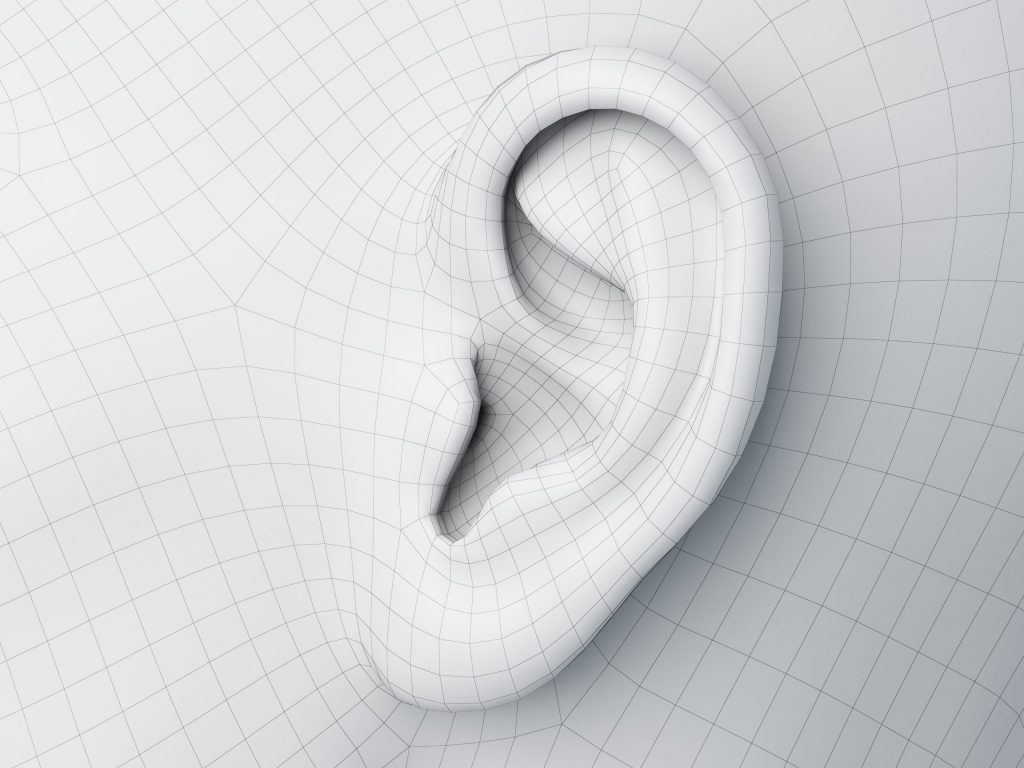We have this stereotype of good salespeople as being smooth talkers but real professionals know that the key to better sales results is better listening. It is said that hearing is physical but listening is mental.
Hearing is physical but listening is mental!
- Shut up
- Listen
- Repeat
Becoming a Better Listener
Focus: to be a better listener you need to give the speaker your undivided attention. He talks about avoiding distractions by not multi-tasking. In many of my mediations, the problem is less obvious. Even very attentive listeners are actively preparing a response rather than absorbing the speaker’s message. Lawyers are particularly good at having a ready answer — sometimes its like the Jeopardy contestant who rings in with the question before hearing the entire answer.
Empathy: becoming a better listener also requires a real interest in understanding what you are hearing. One of Covey’s 7 habits is to seek first to understand and then to be understood. Active listening and putting aside distractions is not enough without a real desire to understand from the speaker’s perspective.
Self-Control: the temptation to interrupt when we think we understand the speaker and have an answer can be strong. In a negotiation, we all want to be heard and understood. Interrupting the speaker to tell them that you understand and here is why you are wrong is not only not conducive to good listening but also undermines the strength of your position if the other side thinks you are not even listening.
Inclusion: the best negotiators not only are good listeners but they are able to communicate to the other side that they have been heard. Dr. Chamorro-Premuzk uses the term inclusion to mean addressing the concerns and positions of the speaker when it is your turn to speak. At the conclusion of many opening sessions, it appears that the two sides are talking about very different cases. In many negotiations they may be addressing completely different issues but it is important to convey to the other side that they are heard and to address their positions even if you see the critical division completely differently.
The desire to understand the other side and being open to a different perspective is what distinguishes great negotiators.
In my experience, good negotiators come into a mediation with a well prepared position on the facts and the law but also with enough of an open mind that they want to understand the other perspective. It is this desire to understand and being open to another perspective that distinguishes great negotiators.

